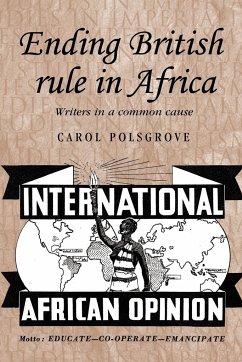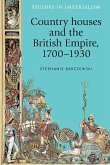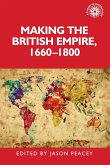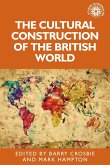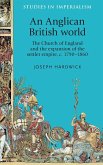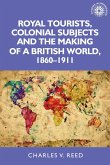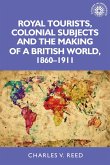On the eve of World War II, a small, impoverished group of Africans and West Indians in London dared to imagine the unimaginable: the end of British rule in Africa. In books, pamphlets, and periodicals, they launched an anti-colonial campaign that used publishing as a pathway to liberation. These writers included West Indians George Padmore, C. L. R. James, and Ras Makonnen, Kenya's Jomo Kenyatta and Sierra Leone's I. T. A. Wallace Johnson. Polsgrove draws on previously unexplored manuscript and archival collections to trace the development of this publishing community from its origins in George Padmore's American and Comintern years through the independence of Ghana in the 1957. This original study will be of interest to scholars and general readers interested in social movements, diaspora studies, empire and African history, publishing history, literary history, and cultural studies.
Hinweis: Dieser Artikel kann nur an eine deutsche Lieferadresse ausgeliefert werden.
Hinweis: Dieser Artikel kann nur an eine deutsche Lieferadresse ausgeliefert werden.

